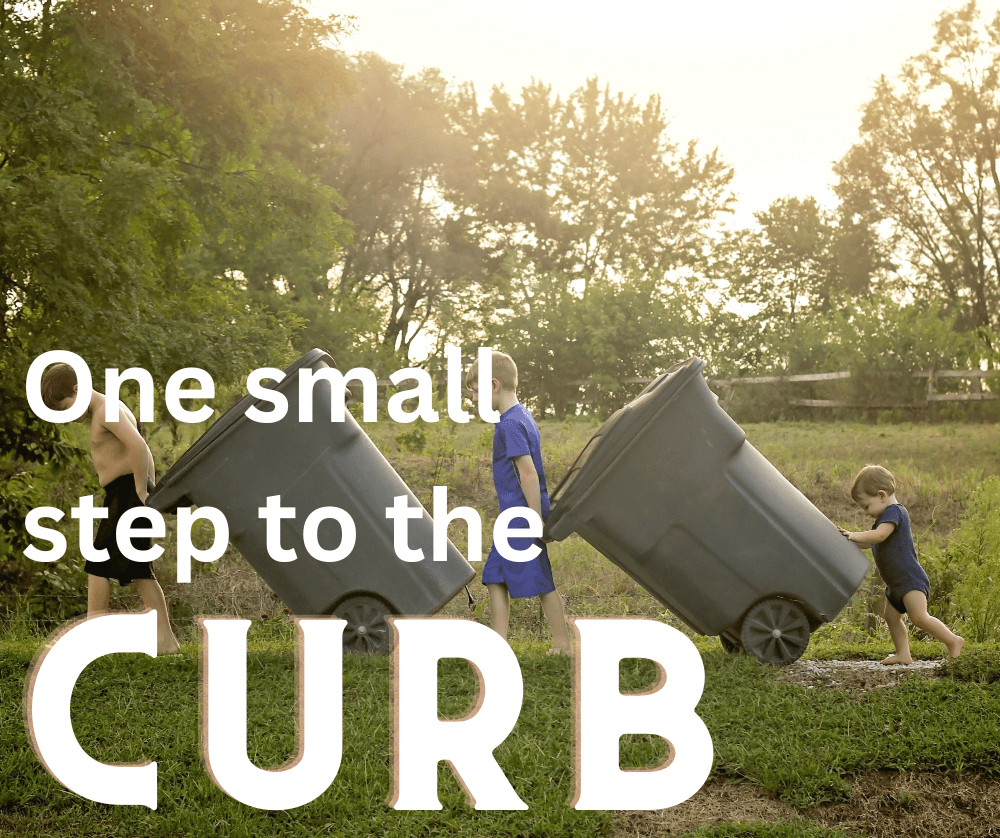Humans are fascinating. Just when you think you’ve seen it all, you turn on the TV and within seconds see some of the most incredible feats of accomplishment juxtaposed by the greatest of stupidities. No need to get into those here – you’ll find them all easy enough.
We struggle, we strive, we work hard and phone it in. We do big and small things that change the world (in good and bad ways). We wake up every day and do all the things we think we’re supposed to – work, take care of our families, clean our houses, volunteer in our communities, binge watch Yellowstone. Why do we do all of that?
To be a good person
To enjoy life
To prove to ourselves and the world that we can
To have impact on the people in our lives
To make commercial progress
It’s all of those things and more. All are good reasons, none are the biggest one.
Survival.
The future of humankind depends on our ability to connect and contribute. It’s in our DNA. We simply can not survive on our own.
We need others
We need to live in community
We need our communities to survive and thrive
And for that, we contribute. We make progress. We support the greater good.
Remember that the next time you take your garbage to the curb on your scheduled day of the week – you’re doing it for humankind.
Cooperation is the root of survival, achievement etc. In order to get cooperation you need a common belief. In order to get common belief you need a common story that speaks to what humans needs.
We are wired to connect
Our need for connection is as strong as our need for food, shelter and clothing. According to these studies, it may even start as early as the womb when babies listen for the sounds their mothers’ make and try to mimic them after birth, in a way to connect with them. Our first most basic need is the need to connect with our caregivers. This ‘attachment system’ in our brain continues through life as we integrate into families, schools, communities and jobs. We are social creatures. We need others.
We are wired to contribute
We have an innate need to serve the greater good, to have meaning in our days and and in our lives.
2 studies from UCLA’s Semel Institute of Neuroscience and Human Behavior show how the brain is wired for contribution. Researchers think this altruism, doing things for the greater good, is a driving force behind our species’ survival. We feel better when we are helping others or contributing to a good that is greater than ourselves.
Humans need connection. Humans need purpose.
Many business leaders have achieved great levels of success in their personal and professional lives because they have a strong sense of meaning or purpose that guides them. And, on some level, they are able to instill that in others to varying degrees of success. They naturally bring people together around a common goal.
This is an incredible strength we see in our most iconic social, political and business leaders.
Martin Luther King Jr., Steve Jobs, Mahatma Gandhi. They are so good, they make it look effortless.
It’s not that easy.
Ultimately, for us to achieve anything, we need other people on board. People who understand and support the cause. People who have different skills, expertise and priorities. People with different personalities and communication preferences.
This is true whether you’re phoning to make a reservation at a restaurant or working with a team of people on a high stakes, complex project.
Why then do many organizations struggle? Here are our top 3 pitfalls of organizational purpose.
Purpose is not well defined or understood – maybe it’s confused with goals, the vision or the mission but it’s not the reason people get out of bed in the morning
Purpose fails to connect to improving people’s lives in some way – sure, maybe some people are motivated by the purpose that says: to be the best at building ABC widget, but most people want to understand how what they do matters in the world, not just your category
A strong sense of purpose only reaches the leadership team and fails to extend throughout the organization. It’s easy for leadership teams to assume because it matters to them, it matters to everyone.

It’s simple to say and harder to do.
- Start with why it matters in the first place – everything has a purpose. Dig deeper to find the root cause.
- Help others get on board – connect with them personally, help them align what matters to them with their individual sense of purpose and meaning.
- Connect everything you do to why it matters. You’ll find it’s contagious.
And next time you take the garbage out, remember 1 small step for man, 1 giant step for mankind.

